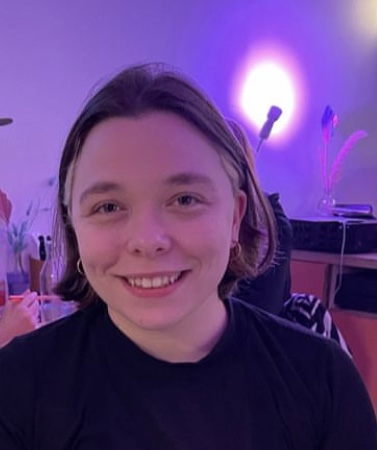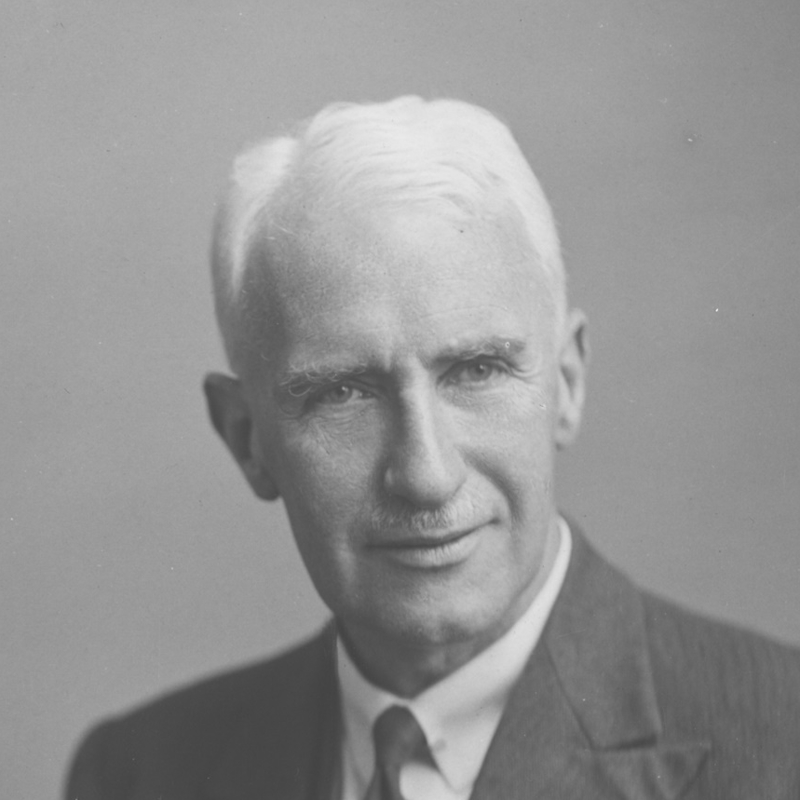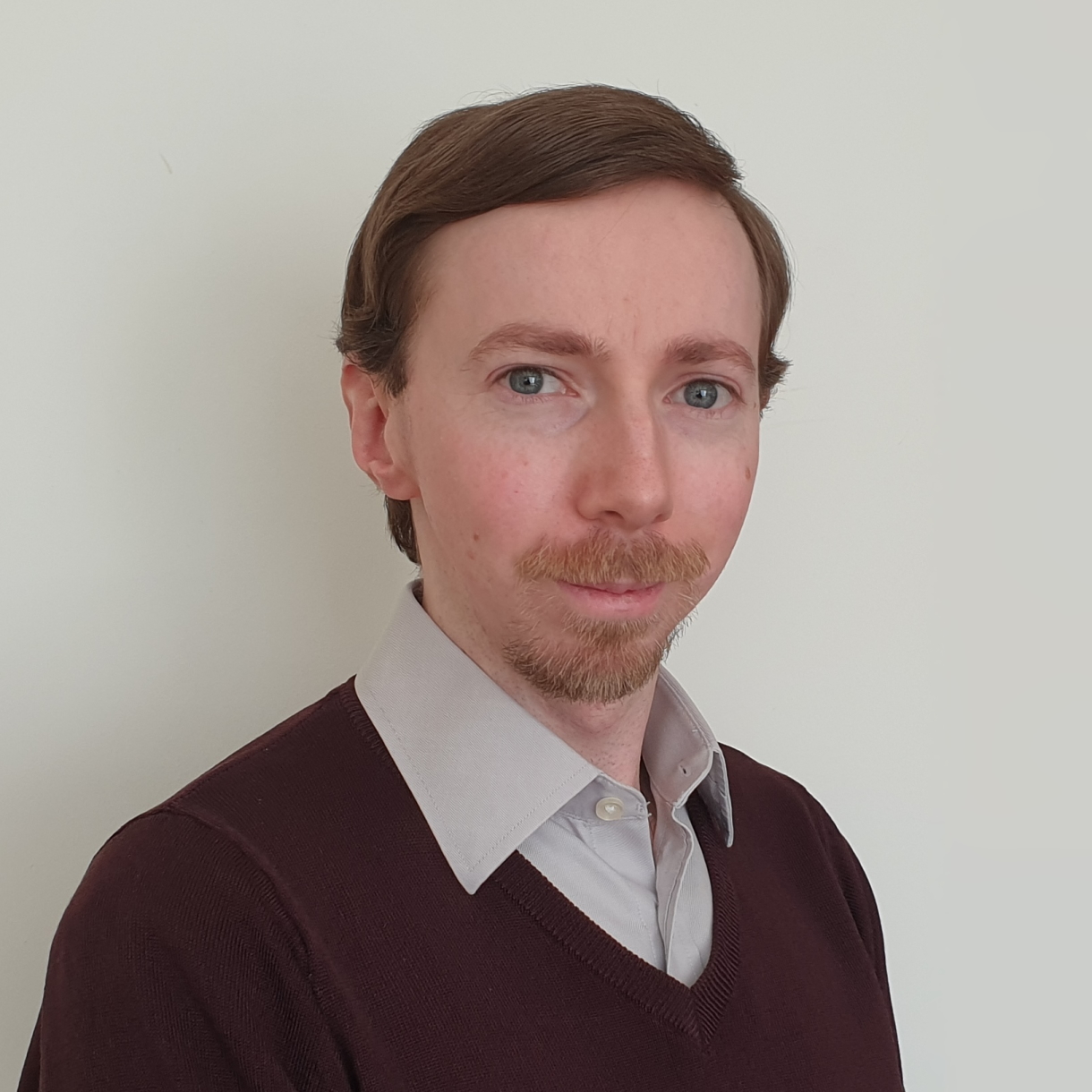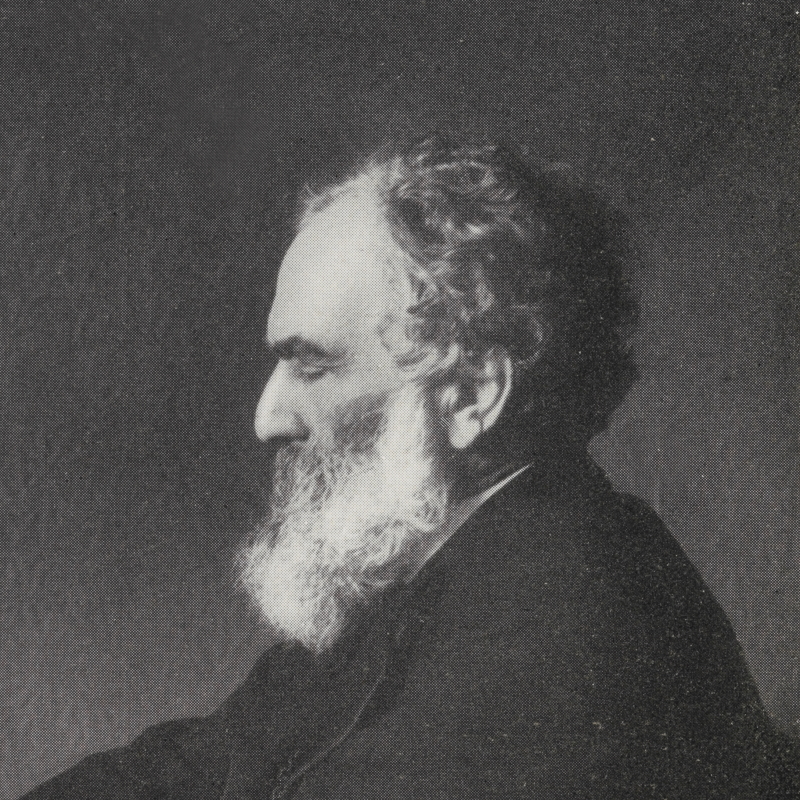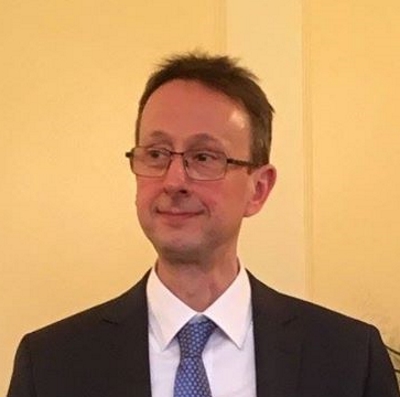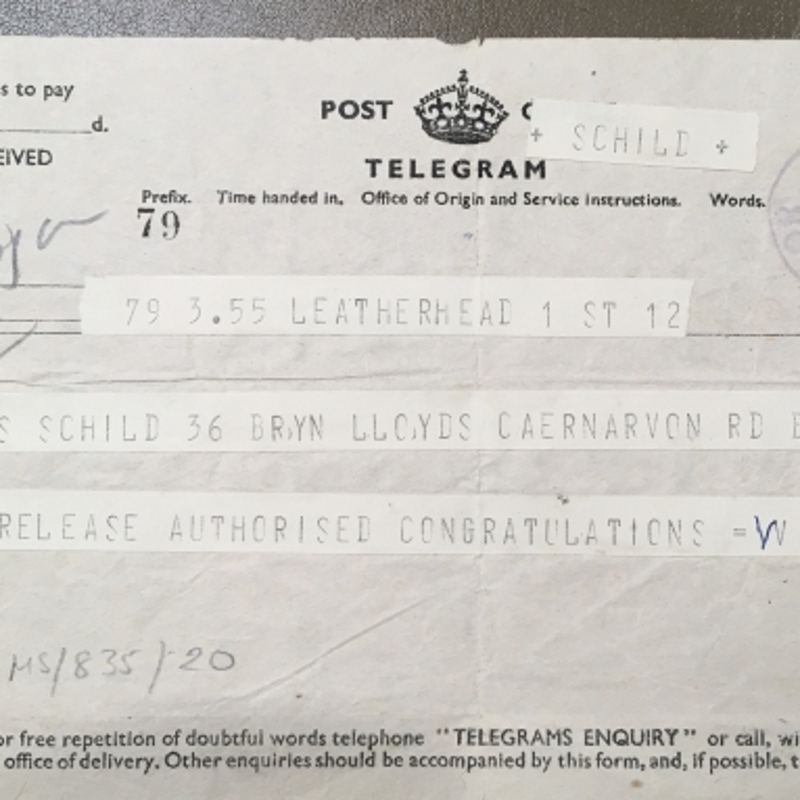Eloise Barber tells the story of Sir Ludwig Guttmann FRS, a pioneer in the world of disability sports and founder of the Stoke Mandeville Games.
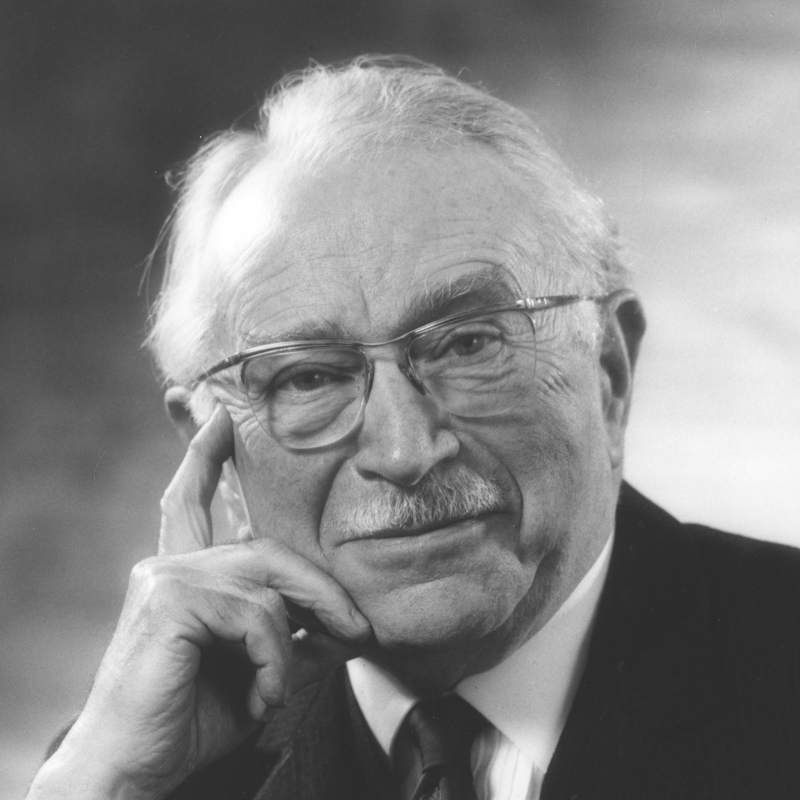
I hope you enjoyed watching the Paris Olympics as much as I did. Post-Games, I was a bit sad that I’d have to wait another four years to see the world's best athletes compete at the highest stage. I’m also gutted there’s no breaking (breakdancing) in the Olympic schedule for LA 2028 – who else was hoping for another Raygun appearance?
But then I remembered we still have the Paralympics to look forward to, starting tomorrow, and there’s a solid Royal Society connection to the event. Sir Ludwig Guttmann FRS was a pioneer in the world of disability sports and founder of the Stoke Mandeville Games, the precursor to the modern-day Paralympic Games.
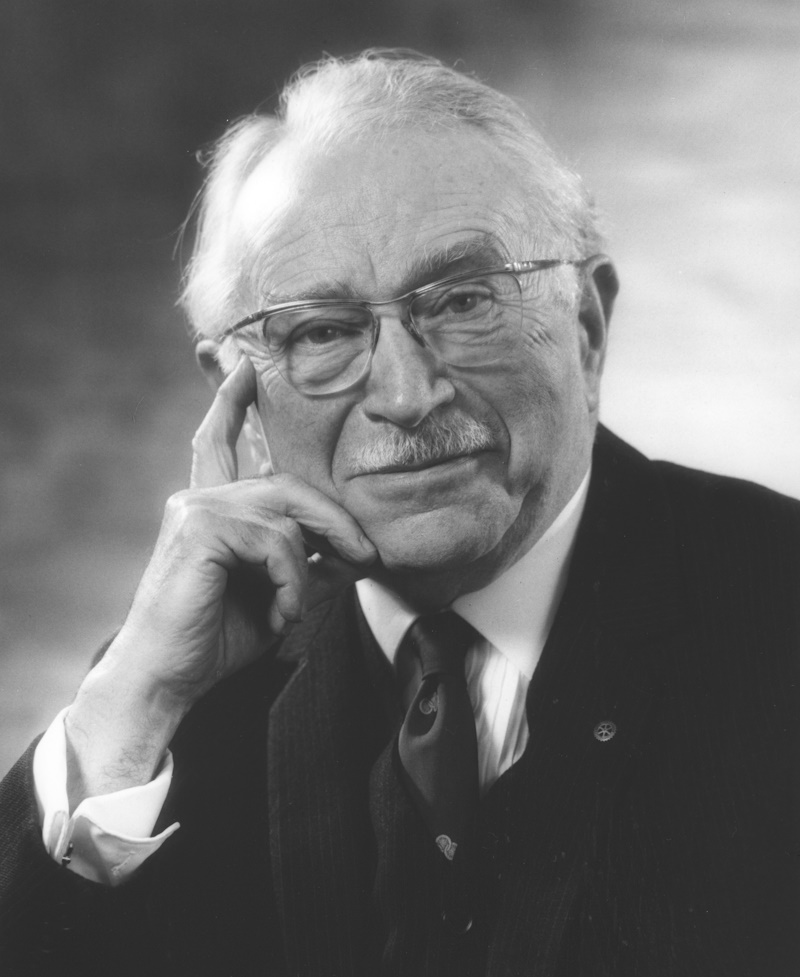 Ludwig Guttmann, © Godfrey Argent Studio, 1976 (IM/GA/JGRS/6797)
Ludwig Guttmann, © Godfrey Argent Studio, 1976 (IM/GA/JGRS/6797)
Guttmann was born on 3 July 1899 to a German Jewish family in Tost, then in the German Empire and now Toszek in southern Poland. He completed his medical training at the University of Freiburg in 1919 and by 1933 was working as a neurosurgeon in Breslau (now Wrocław, Poland). With the introduction of the Nuremberg Laws under the Nazi regime, Guttmann’s title of neurosurgeon was revoked, and he was banned from practising medicine professionally. Instead, he was assigned to work at the Breslau Jewish Hospital, where he was made medical director in 1937.
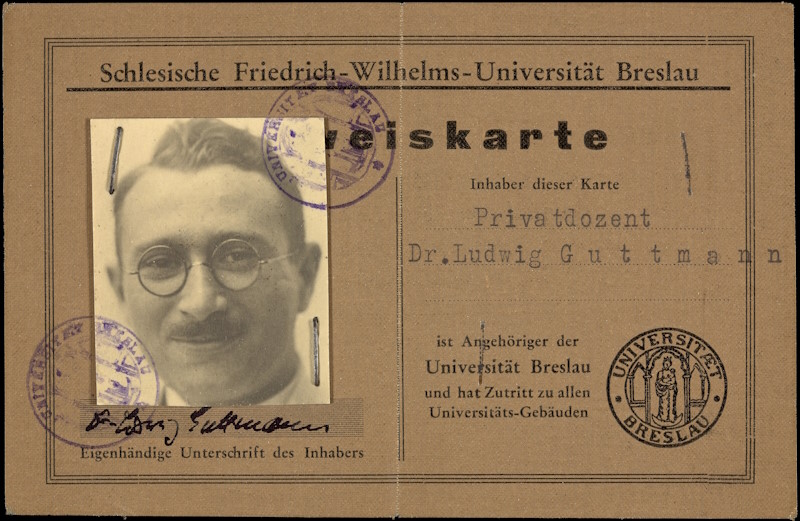 Public domain, via Wikimedia Commons
Public domain, via Wikimedia Commons
After witnessing the violent attacks during Kristallnacht in November 1938, Guttmann and his family waited for their chance to escape, knowing they were no longer safe in Germany. The opportunity came in 1939 when Guttmann was ordered to Portugal to treat a friend of the Portuguese dictator Salazar. Upon his return, Guttmann had to transfer via London, and there the Society for the Protection of Science and Learning (SPSL, now CARA, the Council for At-Risk Academics) arranged for him and his family to remain in the United Kingdom. The SPSL was then being given space to work at Burlington House, the Royal Society’s home. The Guttmann family was housed in Oxford, and Ludwig Guttmann continued his spinal injury research at the Nuffield Department of Neurosurgery in the Radcliffe Infirmary.
In February 1944 Guttmann was appointed Director of the National Spinal Injuries Centre at Stoke Mandeville Hospital, set up to help the many pilots in the Royal Air Force who had suffered spinal injuries in crash landings. Guttmann's philosophy was that sport formed an important part of rehabilitation, as it provided patients with more physical strength and confidence. Guttmann later said, at the 1956 Sport in the Rehabilitation of the Disabled International Congress, that:
‘we had not only to save the life of these paraplegic or quadriplegic men, women and children but also give them back their dignity and make them happy and respected citizens.’
With this aim in mind, Guttman organised the first official Stoke Mandeville Games in 1948, initially featuring archery as the sole sport. He aimed to create an elite sports competition for people with disabilities that would be the equivalent of the Olympic Games. The 1948 Stoke Mandeville Games were held at the same time as the first post-war Olympics in London, and they continued to take place at Stoke Mandeville Hospital every year until 1952.
The Stoke Mandeville Games evolved into an international event – Dutch athletes joined in 1952, and the games expanded in 1960, 1964, 1968, and 1972. These four iterations of the Games were located in the same host nation as the Olympics and were retrospectively recognised as the first Paralympic Games. They included a greater variety of sporting events, from para-athletics to para-powerlifting, and helped to develop and create the many sports we see in the Paralympics today.
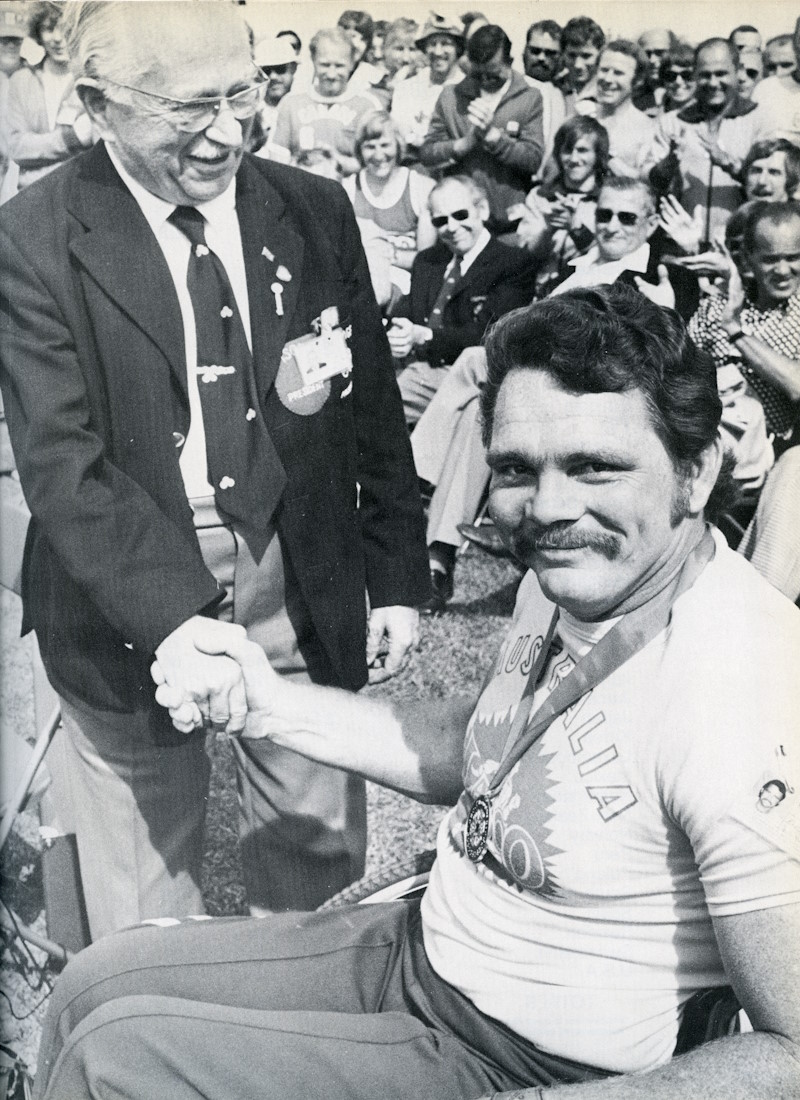 Australian athlete Eric Russell with Ludwig Guttmann at the 1976 summer Paralympics. Australian Paralympic Committee, Wikimedia Commons CC BY-SA 3.0
Australian athlete Eric Russell with Ludwig Guttmann at the 1976 summer Paralympics. Australian Paralympic Committee, Wikimedia Commons CC BY-SA 3.0
The Stoke Mandeville Games continued annually as a separate event. Now with a stadium (on Guttmann Road, of course) they remain as important as that 1948 competition which pioneered sports for people with disabilities. I hope that when you watch the Paris Paralympic Games, you’ll think about where it all started, and the Fellow of the Royal Society who made it possible.

